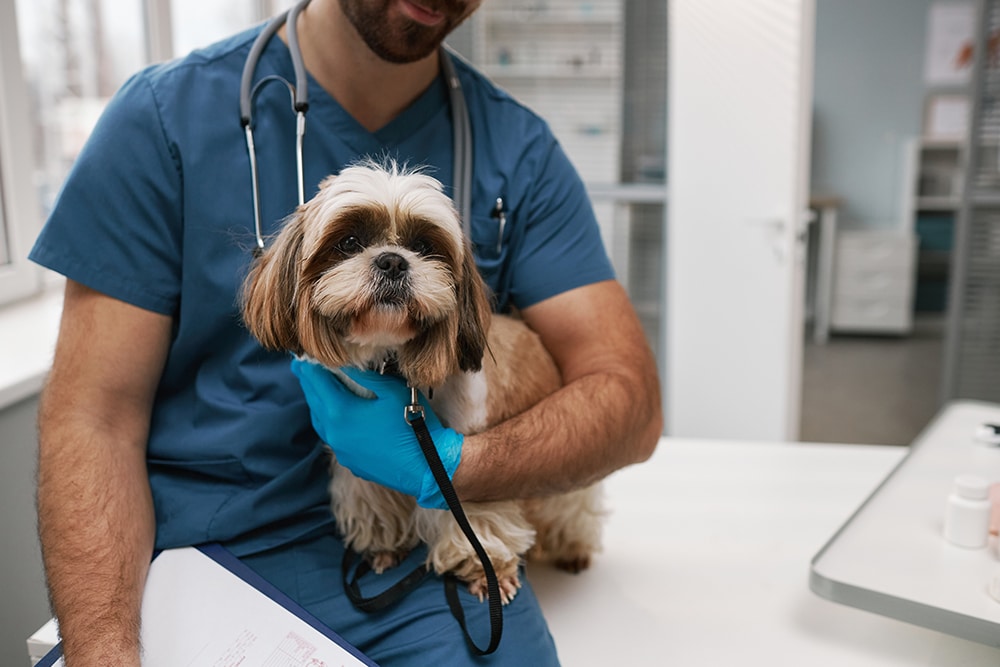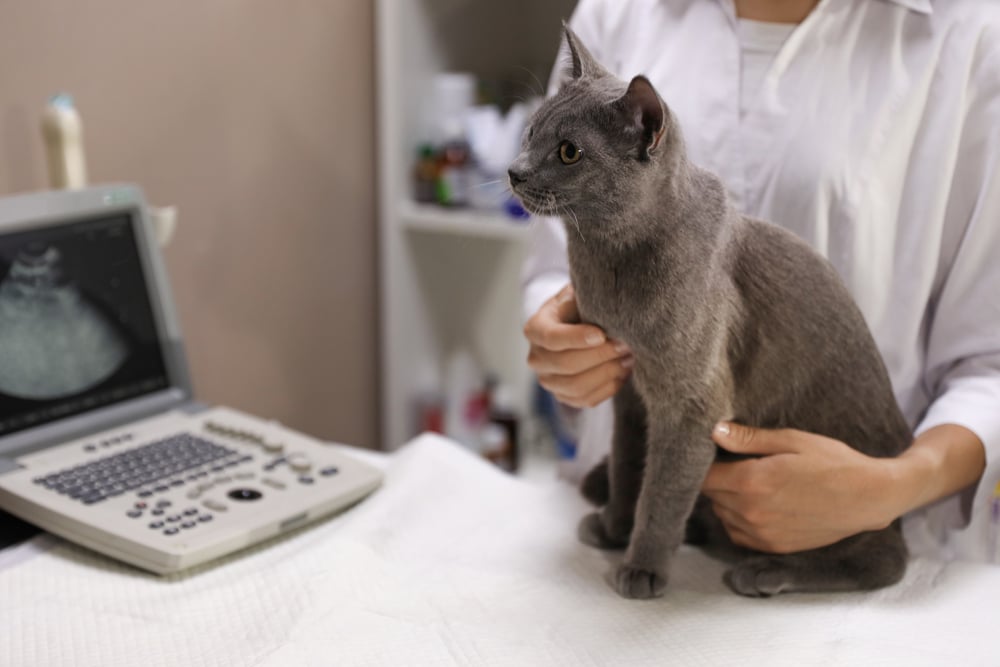Unveiling the Power of CT Scans in Veterinary Medicine at Groves Veterinary Clinic
Advanced Imaging Techniques for Pets at Groves Veterinary Clinic
At Groves Veterinary Clinic in Port Charlotte, FL, we recognize the crucial role of advanced imaging technologies in diagnosing and treating pets. Veterinary medicine has significantly evolved, incorporating sophisticated diagnostic tools that provide deeper insights into various health issues. Among these, CT scans are pivotal in elevating our standard of care, ensuring pets receive optimal outcomes. This approach allows for a comprehensive understanding of conditions, better treatment plans, and an all-encompassing approach to pet healthcare.
CT Scans: A Leap Beyond Traditional X-rays
CT scan technology marks a significant advancement over traditional X-rays, which offer only a two-dimensional view of the body. CT (Computed Tomography) scans provide a 360-degree perspective by taking multiple X-ray images from different angles, which a computer then compiles into cross-sectional images. This method reveals more detail, aiding in diagnosing conditions invisible to regular X-rays, such as distinguishing different types of soft tissues. This capability is invaluable in identifying tumors, internal bleeding, or fluid accumulation. For further reading, consider this resource: Why Does My Dog Need a CT Scan Not a Simple X-ray?.
Preparing Your Pet for a CT Scan
- Consultation and Scheduling: Contact Groves Veterinary Clinic to discuss your pet’s symptoms and arrange the scan.
- Fasting Instructions: Fast your pet as advised, typically 8-12 hours before the procedure, to avoid complications with anesthesia.
- Comfort Items: Bring a favorite toy or blanket to comfort your pet during their stay.
- Post-Procedure Care: Arrange for a calm environment at home as your pet recovers from anesthesia.
When Your Pet Might Need a CT Scan
CT scans are essential in complex cases where traditional X-rays fall short. Conditions potentially requiring a CT scan include:
- Intricate Bone Fractures: When a fracture is suspected but not visible on an X-ray, a CT scan can provide a clear image of the bone structure.
- Cancer Detection and Monitoring: CT scans help locate tumors and assess their size and growth, aiding in planning surgeries or treatments.
- Neurological Disorders: Detailed images of the brain and spinal cord help diagnose issues like intervertebral disc disease or brain tumors.
These detailed images enable veterinarians at Groves Veterinary Clinic to evaluate conditions thoroughly and plan the most effective treatment. In some cases, early detection via CT can significantly improve the prognosis and recovery chances.
The CT Scanning Process
Here’s what to expect when your pet undergoes a CT scan at our clinic:
- Pre-scan Consultation: We discuss your pet’s health and the goals of the CT scan.
- Preparation: Your pet may need to fast, and anesthesia is administered to prevent movement during the procedure, ensuring clear images.
- The Scanning Process: The CT scan is quick, often taking only a few minutes. Our team monitors your pet’s vital signs to ensure safety.
- Post-scan Care: We observe your pet as they recover from anesthesia and discuss preliminary findings with you. Report any signs of discomfort or unusual behavior post-scan immediately.
Safety is our top priority. We use the latest technology to minimize radiation exposure and maximize diagnostic accuracy.

Improving Veterinary Diagnosis and Treatment
CT scans significantly enhance the diagnostic process in veterinary medicine. They allow for a more precise evaluation of skeletal and soft tissue structures, making them invaluable in complex cases. By integrating CT scan data with other diagnostic information, our veterinarians can develop comprehensive treatment plans tailored to each pet’s needs, leading to more successful outcomes.
Recognizing Emergency Situations
In emergencies, such as suspected internal injuries from trauma or sudden neurological symptoms, a CT scan can quickly provide critical information for life-saving decisions. Recognizing signs of an emergency, like sudden lameness, seizures, or unexplained swelling, and seeking immediate veterinary care can make a significant difference in treatment outcomes.
Common Questions About CT Scans for Pets
- Cost: CT scans are more costly than standard X-rays but provide detailed information that can lead to more accurate diagnoses and prevent unnecessary treatments.
- Duration: The scan itself usually takes only a few minutes, though preparation and recovery from anesthesia take additional time.
- Safety: CT scans are safe, and anesthesia minimizes stress or movement during the procedure. Our team is trained to handle any complications expertly.
- Post-scan: We offer detailed advice on any further care or monitoring your pet might need. Our team is always available for follow-up questions and support.
Booking a CT Scan at Groves Veterinary Clinic
To schedule a CT scan for your pet or learn more about the process, visit Request an appointment. Our team is dedicated to providing the care your pet needs with compassion and expertise, ensuring you feel supported every step of the way.
By incorporating advanced medical technologies, Groves Veterinary Clinic enhances the health and wellbeing of your pets, ensuring they receive the highest standard of care. We invite you to Explore our full range of services and discover how we can help keep your pet healthy and happy. As veterinary medicine continues to evolve, we remain at the forefront, ready to offer the best diagnostic and treatment options available.







